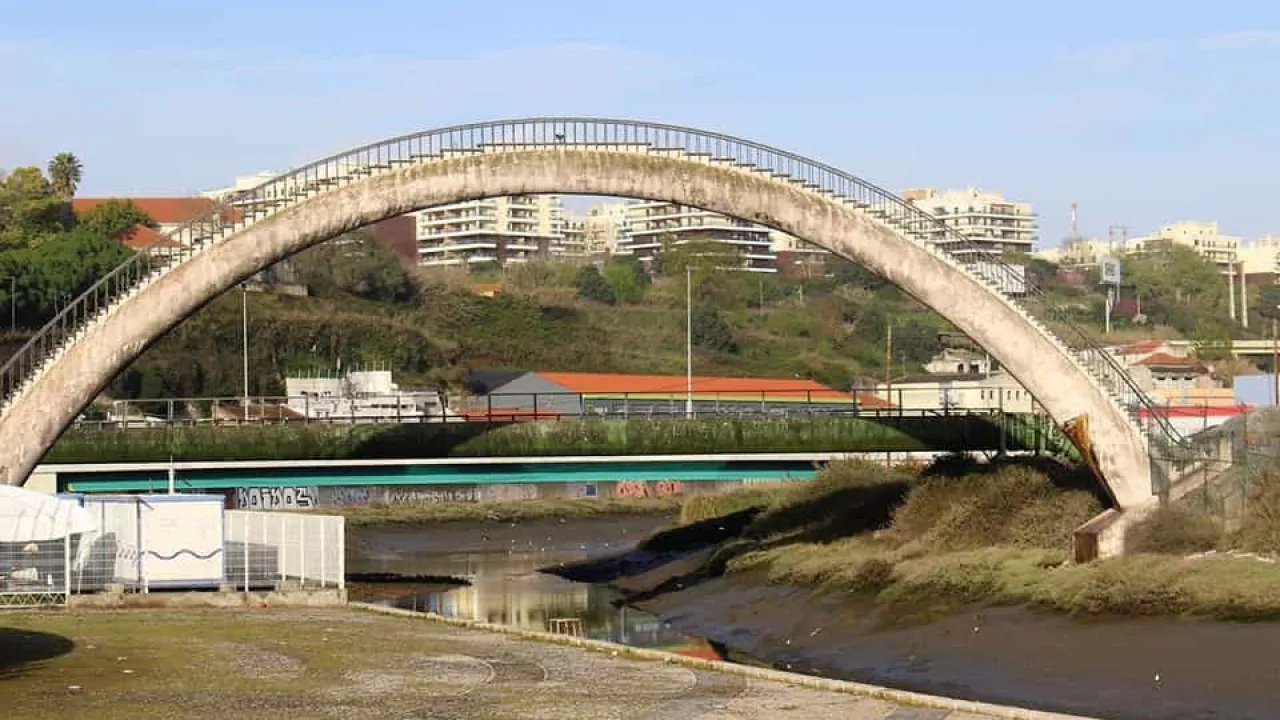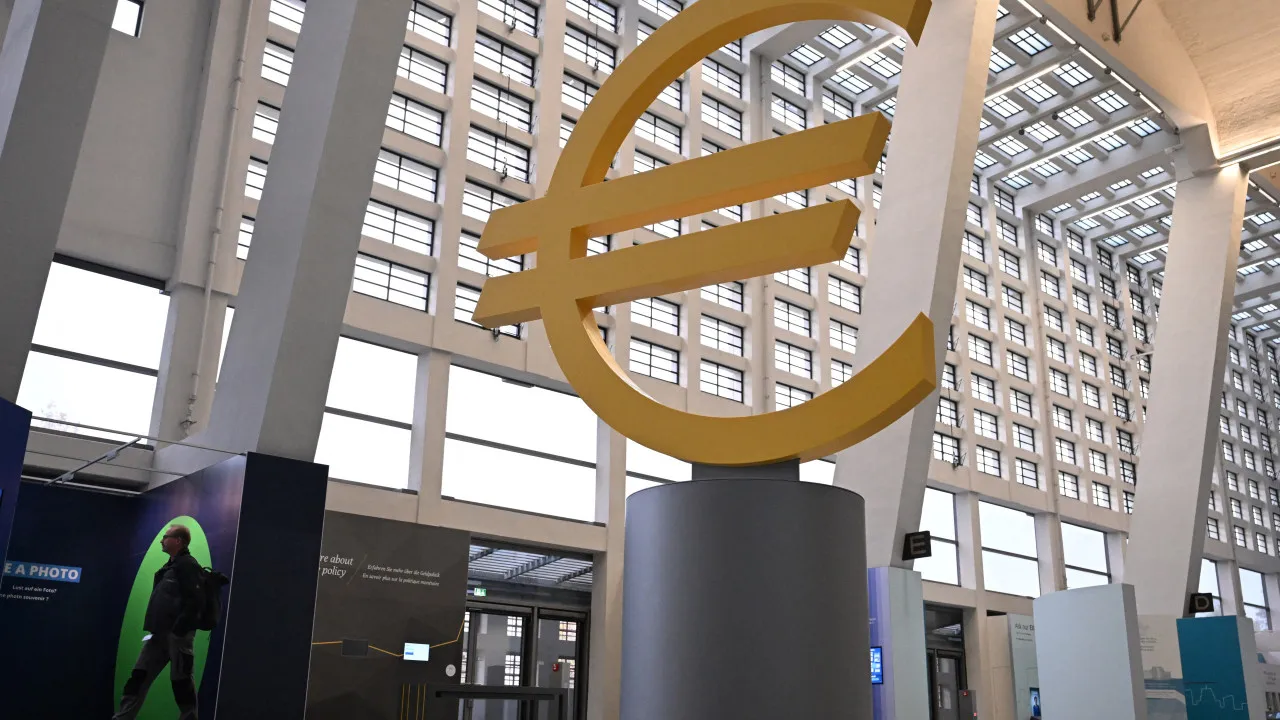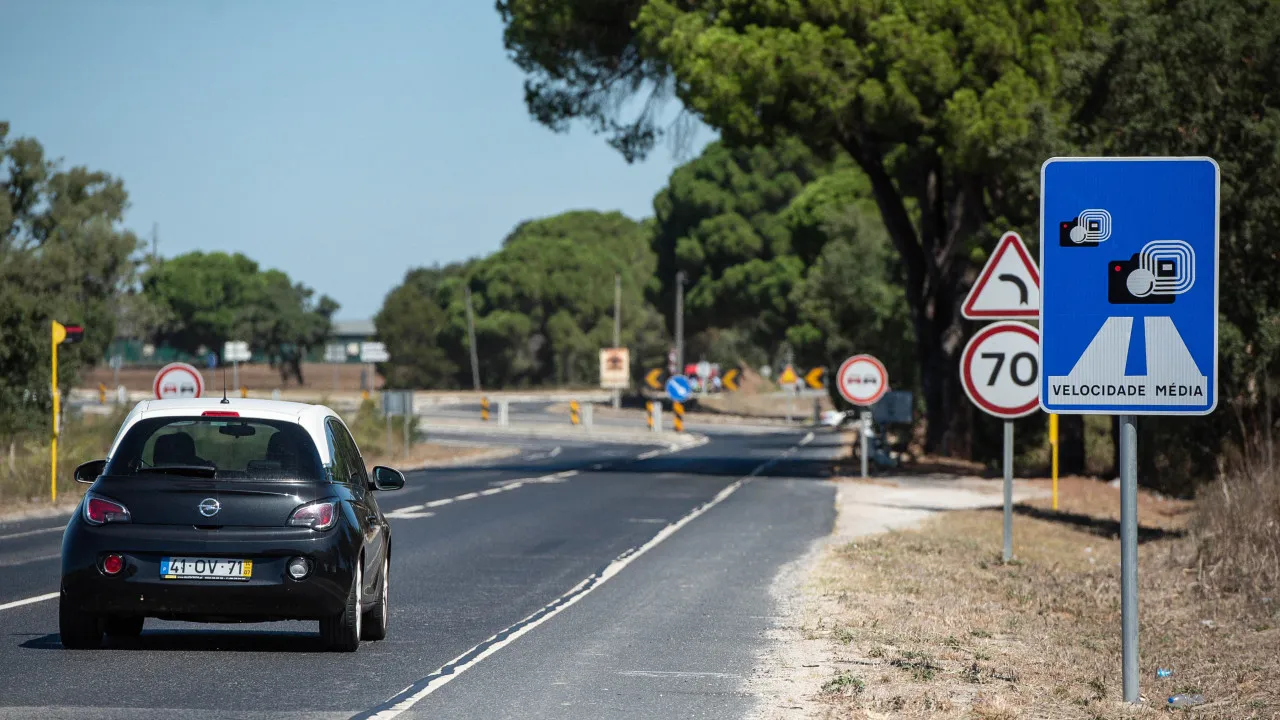On the day the Passos government closed the privatization deal, Vieira de Almeida delivered an opinion to TAP and for consultation with Parpública, which legally supports the use of Airbus funds.
The acquisition of 61% of TAP by David Neeleman’s Atlantic Gateway and the capitalization of the airline, based on a deal to buy 53 Airbus planes, were known to the state shareholder, through Parpública, a company under the control of the Ministry of Finance, at the time led by Maria Luís Albuquerque.
The 226.75 million dollars in supplementary payments that the US and Brazilian businessman put into TAP SGPS and which guaranteed the privatisation came directly from Airbus, according to a legal analysis by Serra Lopes, Cortes Martins & Associados (SLCM) revealed by ECO. Money that will have been delivered in return for a deal to buy 53 planes from the European manufacturer, closed by David Neeleman himself, and that according to lawyers put the airline to pay its own capitalization, violating the Companies Code. The Departamento Central de Investigação e Ação Penal (DCIAP) is already conducting an investigation based on these indications.
To assess the legality of the operation, in 2015 the airline requested a legal opinion from Vieira de Almeida (VdA), which in addition to TAP SGPS could be consulted by Parpública, the company that manages the state’s holdings, under the Ministry of Finance and shareholder of the airline. The document, to which ECO had access, is dated 12 November 2015, precisely the day on which the privatisation took place, and expressly refers to the provision of the “Airbus Funds” to David Neeleman’s DGN, and from DGN to Atlantic Gateway, for the capitalisation of the airline.
It also mentions the withdrawal of the contract for leasing 12 A350 aircraft and the signing of another for 53 new aircraft. A deal that could have damaged TAP to the tune of 444 million euros, according to the consultancy firm Airborne.
The opinion clearly states that, “according to Airbus, the provision of Airbus Funds to DGN is based on the long-term business relationship between DGN and Airbus; support for Atlantic Airways’ turnaround plan for TAP, including fleet renewal (with Airbus aircraft); the replacement of the A350 order with A330 Neo and the incremental purchase of new A330neo and A320 neo aircraft.”
Parpública had been led since the beginning of 2014 by Pedro Ferreira Pinto, appointed by Maria Luís Albuquerque, who in July of the previous year had taken over from Vítor Gaspar in the Ministry of Finance of the first Executive of Pedro Passos Coelho. The Secretary of State for the Treasury was Isabel Castelo Branco. On the sectoral side, the privatization was led by the Ministry of Economy, led by António Pires de Lima, with its Secretary of State for Infrastructure, Sérgio Monteiro, taking the lead. The privatization decree-law, dated December 24, 2014, was signed by Pedro Passos Coelho and the two ministers mentioned.
On June 12, 2015 the Council of Ministers selects as the winner of the privatization the proposal of Atlantic Gateway, which besides David Neeleman is owned 50.1% by Humberto Pedrosa. According to European rules an airline company cannot be controlled by a non-EU shareholder. Three days later, Sérgio Monteiro comes to defend that David Neeleman’s proposal is the one that “meets more successfully and more quickly the challenges that the company has to face in the short term”, arguing that it represents “more money, sooner in time to meet the cash flow challenges that TAP has”.
The following day, the DGN signs a memorandum of understanding with Airbus, which later results in the delivery of the 226.75 million dollars and the aircraft deal, according to the chronology in the legal analysis prepared for TAP in August 2022 by Serra Lopes, Cortes Martins & Associados (SLCM). On June 24, the agreement for the direct sale of TAP shares between Parpública and Atlantic Gateway is signed. All within the space of 12 days.
Privatization with new protagonists
Even though the process was already defined, the privatization will be carried out in the second Passos Coelho Government, with some new protagonists. If Maria Luís Albuquerque remains as Finance Minister and Isabel Castelo Branco as Secretary of State for the Treasury, Miguel Morais Leitão, chosen by the CDS, will be in charge of the Economy, with Miguel Pinto Luz, current vice-president of the PSD, as Secretary of State for Infrastructure.
The new Executive of the PSD/CDS coalition approves the closure of the operation contracted in June to November 12, two days after the government was voted down by the left in Parliament. The resolution of the Council of Ministers stresses that “the immediate entry of funds in the company is an urgent, pressing and pressing need,” that the completion of privatization “makes possible. At the end of the meeting, Isabel Castelo Branco and Miguel Pinto Luz announce the decision at a press conference. Three days earlier, Atlantic Gateway had made a presentation describing the availability of Airbus funds and the aircraft deal. SLCM does not indicate, however, who was at this presentation.
Also on 12th November, Parpública formally transferred 61% of TAP to Atlantic Gateway and a new board of directors was elected, with Humberto Pedrosa as chairman and David Neeleman as non-executive. Fernando Pinto remains CEO and is accompanied on the executive committee by David Pedrosa (Humberto Pedrosa’s son) and Maximilian Otto Urbahn. It is already this administration that approves the cancellation of the contract for the 12 A350s and approves the acquisition of 53 new aircraft, after a favorable opinion from the supervisory board, where Sérgio Rodrigues, Baker Tilly, PG & Associados and Maria Susana Almeida Rodrigues were sitting.
This is also the date of the opinion of Vieira de Almeida, which unlike SLCM considers that there is no violation of article 322 of the Portuguese Companies Code (CSC), which prohibits a company from granting loans or in any way providing funds or guarantees for a third party to subscribe or otherwise acquire shares representing its capital. The law firm argues that DGN and AG are not using the Airbus Funds to buy TAP shares but to carry out the capitalization.
Vieira de Almeida also understands that there is no violation of article 397, which prohibits certain deals between the company and other companies of which its directors are also directors. This would only happen “if the future acquisition of the planes by TAP SA under the contract were not done at market prices”. The documentation delivered by TAP to the law firm included the assessment of three appraisers for the value of the aircraft to be received, indicating that the price charged by Airbus was below market value. This was challenged in 2022 by Airborne, which disagrees with the valuation method adopted, concluding that TAP paid more than its competitors for the same aircraft.
Vieira de Almeida emphasises that its analysis is strictly legal, and that it has not pronounced on the economic or financial merit of the capitalisation or use of the Airbus Funds. The analysis also does not include consideration of the legal risk or the financial impact on TAP SGPS and its subsidiaries arising from the contractual structure set up by the DGN, the AG and Airbus to make the funds available. It also notes that it is unable to verify the suitability of the appraisers or the quality of their evaluations.
In October last year, after the current government had sent the SLCM legal note and the Airborne assessment to the Public Prosecutor’s Office, David Neeleman gave an assurance that the entire contractual structure relating to the purchase of the new aircraft between Airbus, Atlantic Gateway and TAP, as well as all the necessary steps, “were made known to the relevant players and decision-makers prior to privatization and at the time of the shareholder reorganization and were, as they should be, subject to subsequent analysis by the Court of Auditors. The judges did not identify any irregularities.






